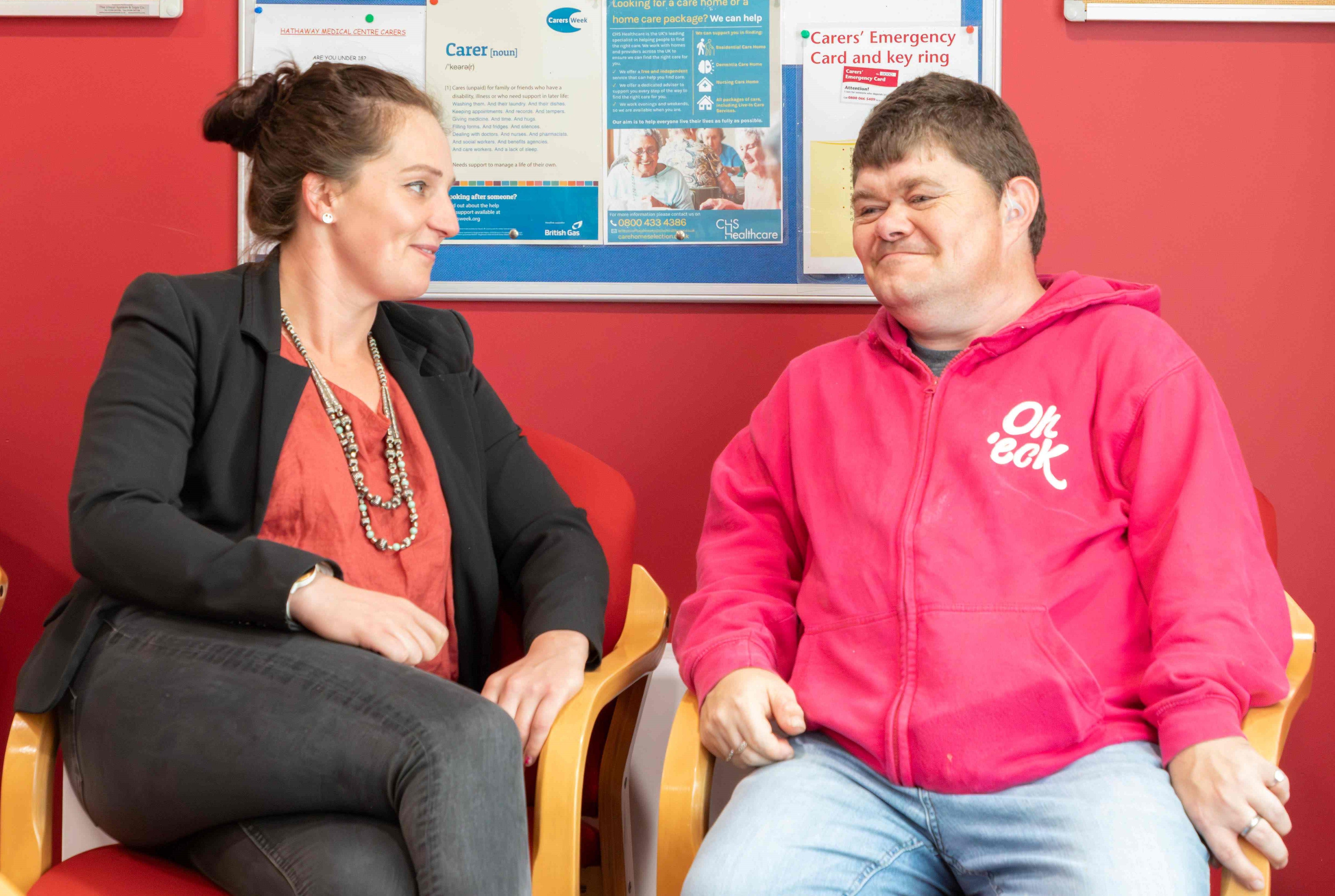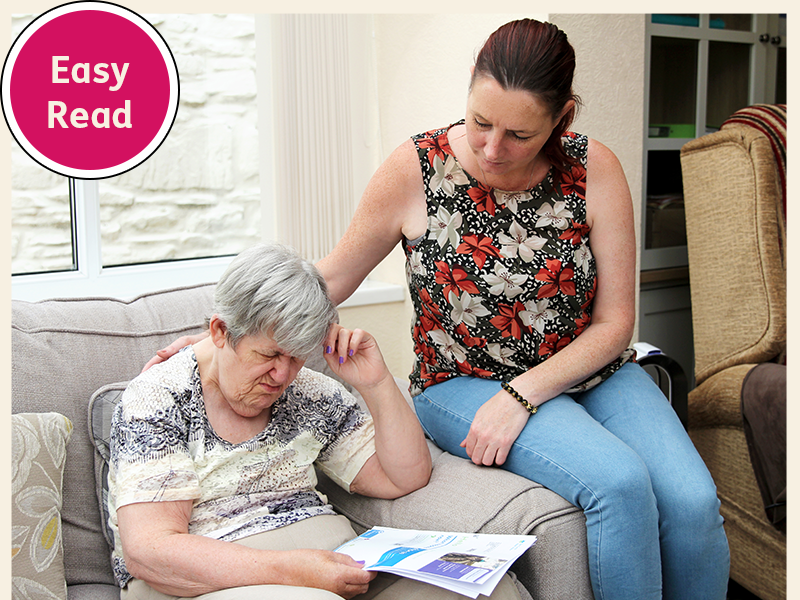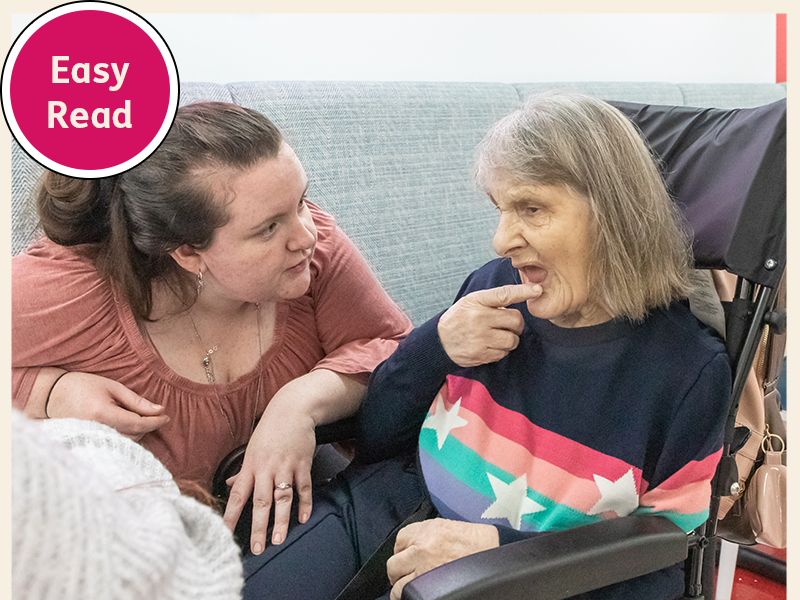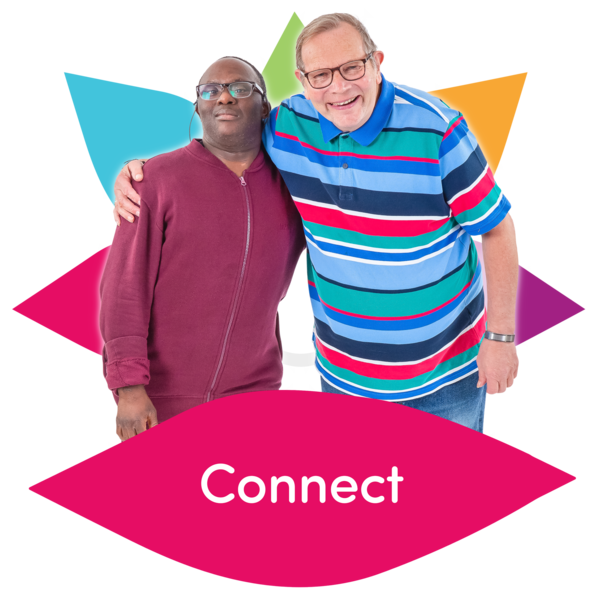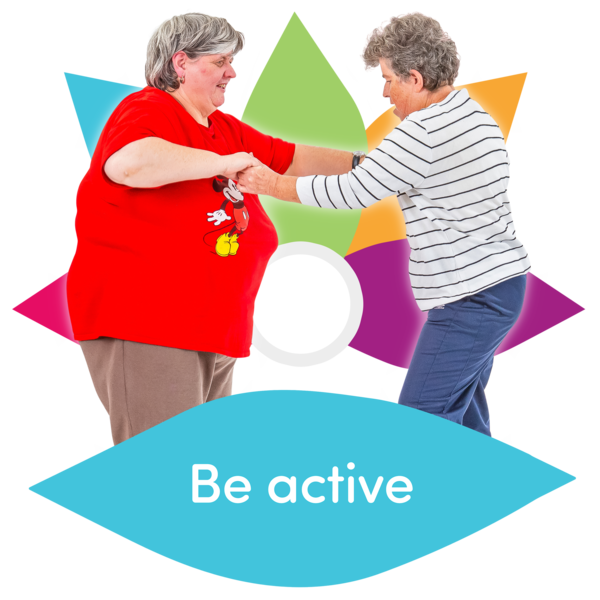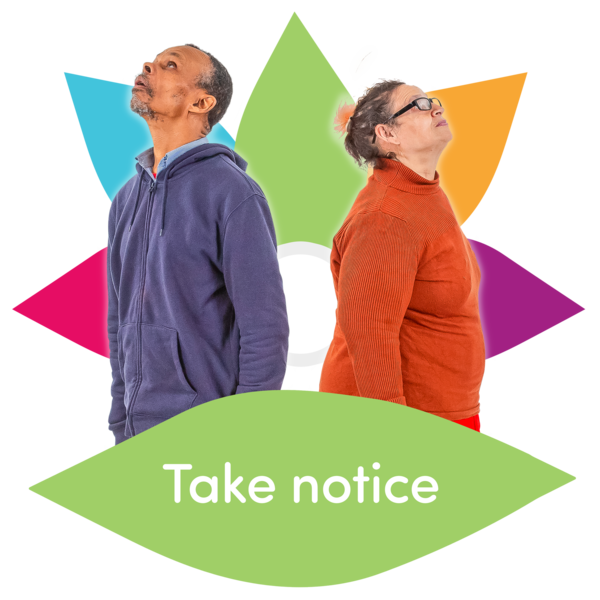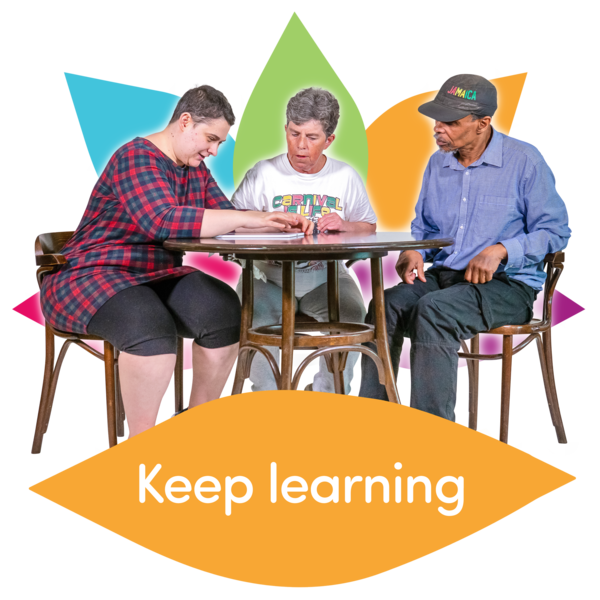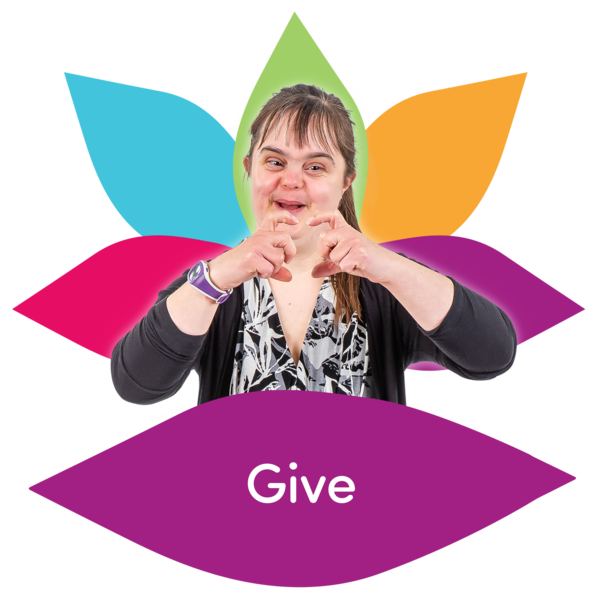What is mental health and wellbeing?

Mental health and wellbeing affects how we feel, what we think and the things we do.

Good mental health can help us make choices that are right for us.
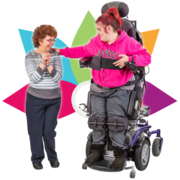
Having good emotional wellbeing can help us cope – even when things are difficult.
The importance of self-care
Developing self-care routines and practices that work for you, helps reduce stress.
Looking after your emotional wellbeing
Everybody has emotional needs, so it is important for us to learn about how to look after them!
Having good mental wellbeing can help you cope with challenges in life – both good and bad.
If you care for a person with a
learning disability
 A learning disability is to do with the way someone's brain works. It makes it harder for someone to learn, understand or do things.
, looking after your own wellbeing is really important too – it will help you support that person even better.
A learning disability is to do with the way someone's brain works. It makes it harder for someone to learn, understand or do things.
, looking after your own wellbeing is really important too – it will help you support that person even better.
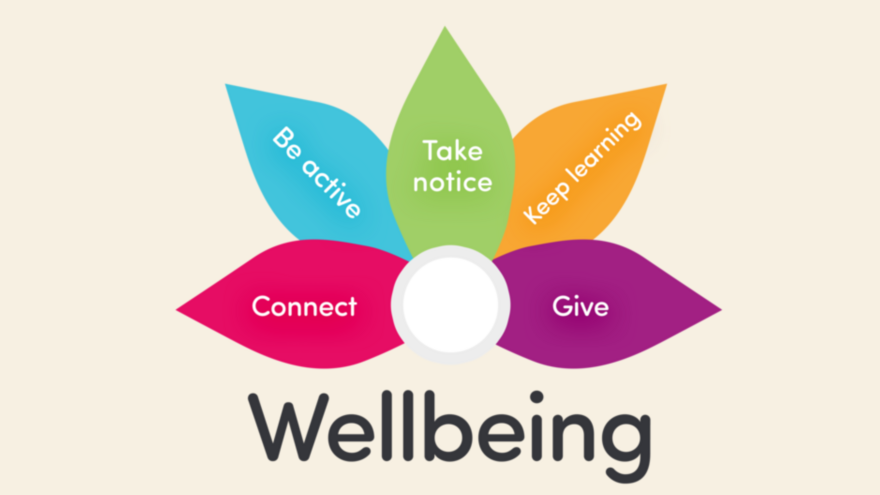
How to improve your wellbeing
Researchers at the New Economics Foundation found that there are 5 big things we can all do to improve our emotional wellbeing.
Where to get help if you need it
Sometimes – no matter how hard you try, or how well you prepare – you might start to feel very down. That’s OK – it’s normal to feel this way sometimes.
If you are worried about your feelings, or it seems like things are not getting better, you can talk to your GP or use the NHS website to look for local mental health support.
We also asked people with a learning disability and their families to suggest useful and
accessible
 Accessible means something is easy for people to use or join in with. For example: Accessible writing means the writing is easy to read and understand.
resources that might be able to help.
Accessible means something is easy for people to use or join in with. For example: Accessible writing means the writing is easy to read and understand.
resources that might be able to help.
The earlier you ask for help, the better.
For people with a learning disability
The Foundation for People with Learning Disabilities have created a series of Feeling Down guides. They include helpful tools to keep track of how you’re feeling, and can also help you get ready to speak to your GP about your mental health.
NAC Wellbeing offer resources and courses designed to help families and professionals to support people with profound and multiple learning disabilities.
For carers
BILD have created a trauma-informed toolkit for carers. It’s a practical tool for both family and paid carers to help understand what trauma is and how it might affect a person with a learning disability.
NAC Wellbeing also offer
guidance
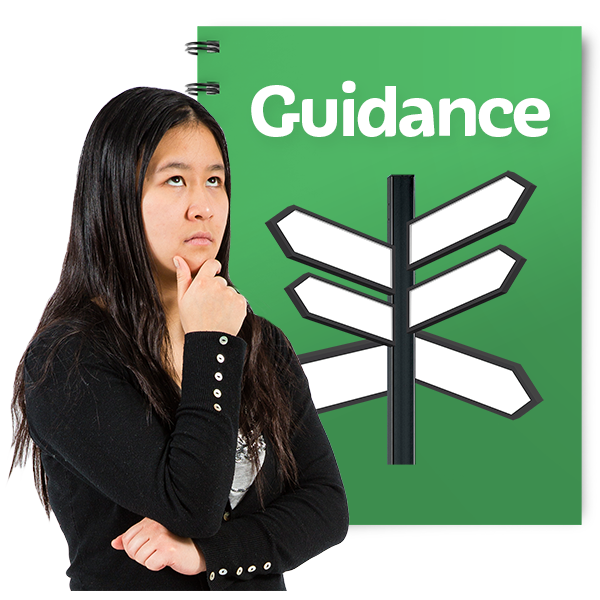 Guidance means being given clear instructions to be able to do something well.
to support carer wellbeing.
Guidance means being given clear instructions to be able to do something well.
to support carer wellbeing.
For professionals
The Foundation for People with Learning Disabilities has developed a positive practice guide to support anyone involved in delivering talking therapies for anxiety and depression to people with a learning disability.
Other organisations who might also be able to help
Mencap is a learning disability charity. While people with a learning disability can experience problems with their mental health, our teams are not experts on this topic.
If you need help with your mental and emotional health, there are lots of charities that specialise in this area who can help. Some of the organisations we’ve listed below offer a listening
service
 A service gives people what they need, like healthcare services that help people when they are ill, and support services that give people support.
, and some offer practical advice and guidance.
A service gives people what they need, like healthcare services that help people when they are ill, and support services that give people support.
, and some offer practical advice and guidance.
Samaritans: Offers a free space to talk about the things troubling you. They won’t tell you what to do or how to feel. You can call, email or visit in person.
Hub of Hope: Provided by Chasing the Stigma, this database lists local and national mental health services in one place.
Frazzled Café: Free online meetings that provide a confidential and non-judgemental place to get peer support.
Mind: Provides advice and support to anyone experiencing a mental health problem.
Young Minds: Mental health charity that provides young people with tools to look after their mental health.
Supportline: A confidential helpline offering emotional support for children, young adults and adults on any issue.
Shout: A free, confidential, 24/7 text messaging support service for anyone who is struggling to cope.
SANEline: A national out-of-hours mental health helpline offering specialist emotional support to anyone affected by mental illness, including family, friends and carers.
Rethink Mental Illness: Offers practical help on a wide range of topics such as The Mental Health Act, as well as general information on living with mental illness, medication and care.
C.A.L.M.: You can call, chat online or access guides to help with mental health and emotional wellbeing.

